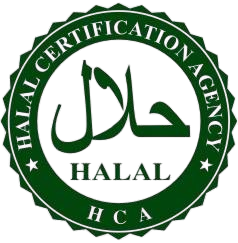In order for your product to be Halal certified, the following basic conditions must be met:
Ingredients must not fall under the Haram category:
- Products and all their components must not belong to the Haram category (prohibited under Islamic law).
- To certify a product as Halal, the raw materials, additives, and chemicals used in its production must be proven to be Halal through an evaluation of the ingredient records.
Halal-compliant production control system:
- The company must have a production control system that meets Halal standards.
- Staff must be trained on Halal processes and standards to ensure proper understanding and implementation.
- Regular internal audits must be conducted to check the application and compliance with Halal standards in production.
Separate production lines for Halal and Haram:
- Production lines must be strictly managed to prevent any mixing of Halal and Haram products.
- For companies producing animal-related products (excluding seafood), stricter requirements regarding slaughter and production processes must be followed to ensure the products meet Halal standards.
Post-certification monitoring:
- After receiving Halal certification, the company will be subject to periodic monitoring (if required).
- The certification body will check factors that ensure product quality throughout the production process and conduct tests on product samples taken from the company or the market to ensure ongoing compliance with Halal standards.
Compliance with these conditions will help the company ensure that its products meet Halal standards, building trust and confidence among Muslim consumers.


